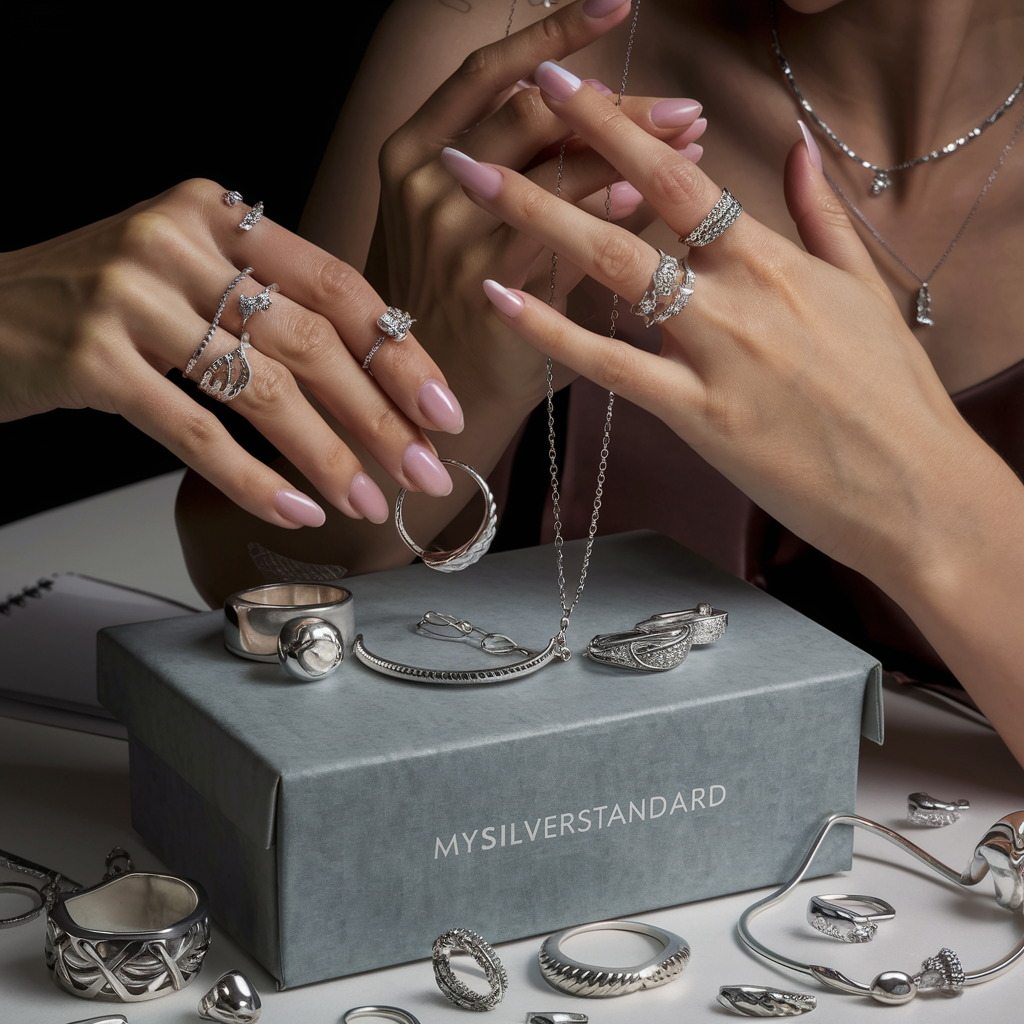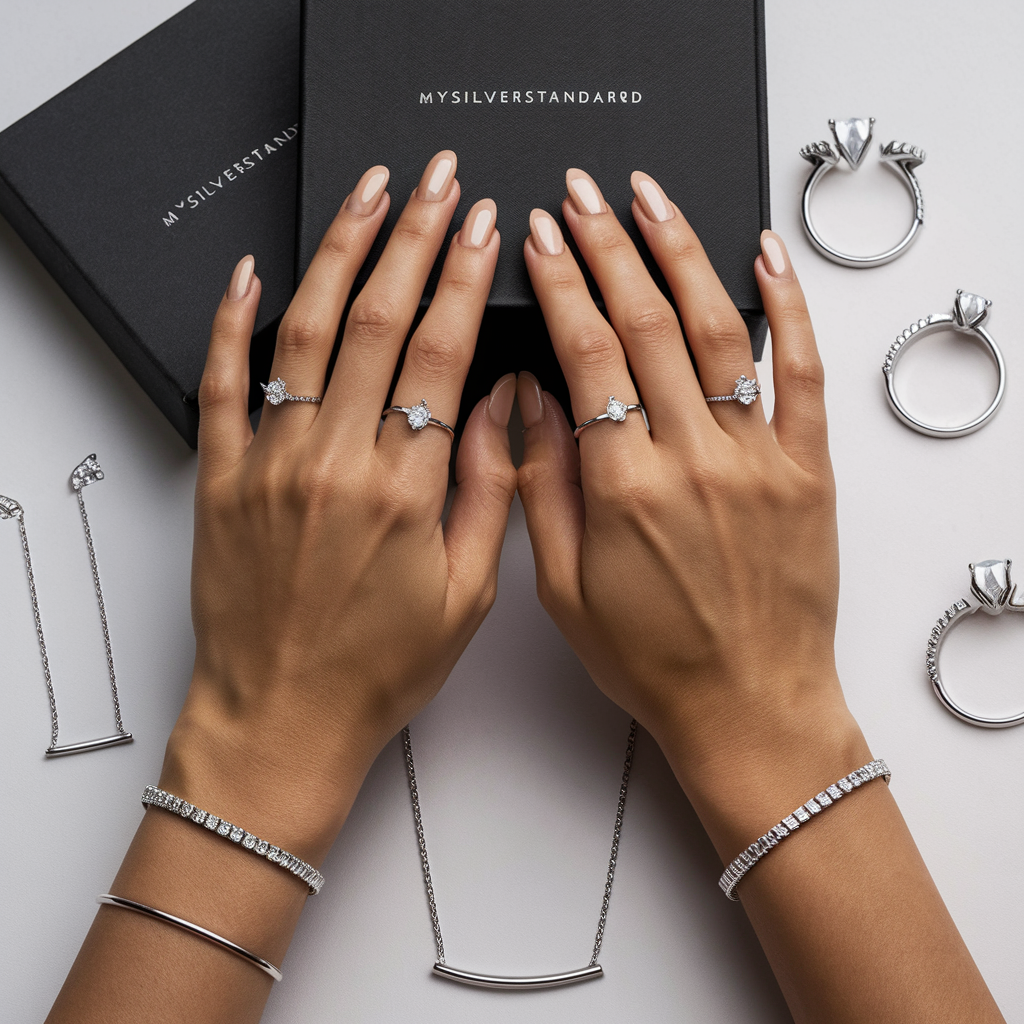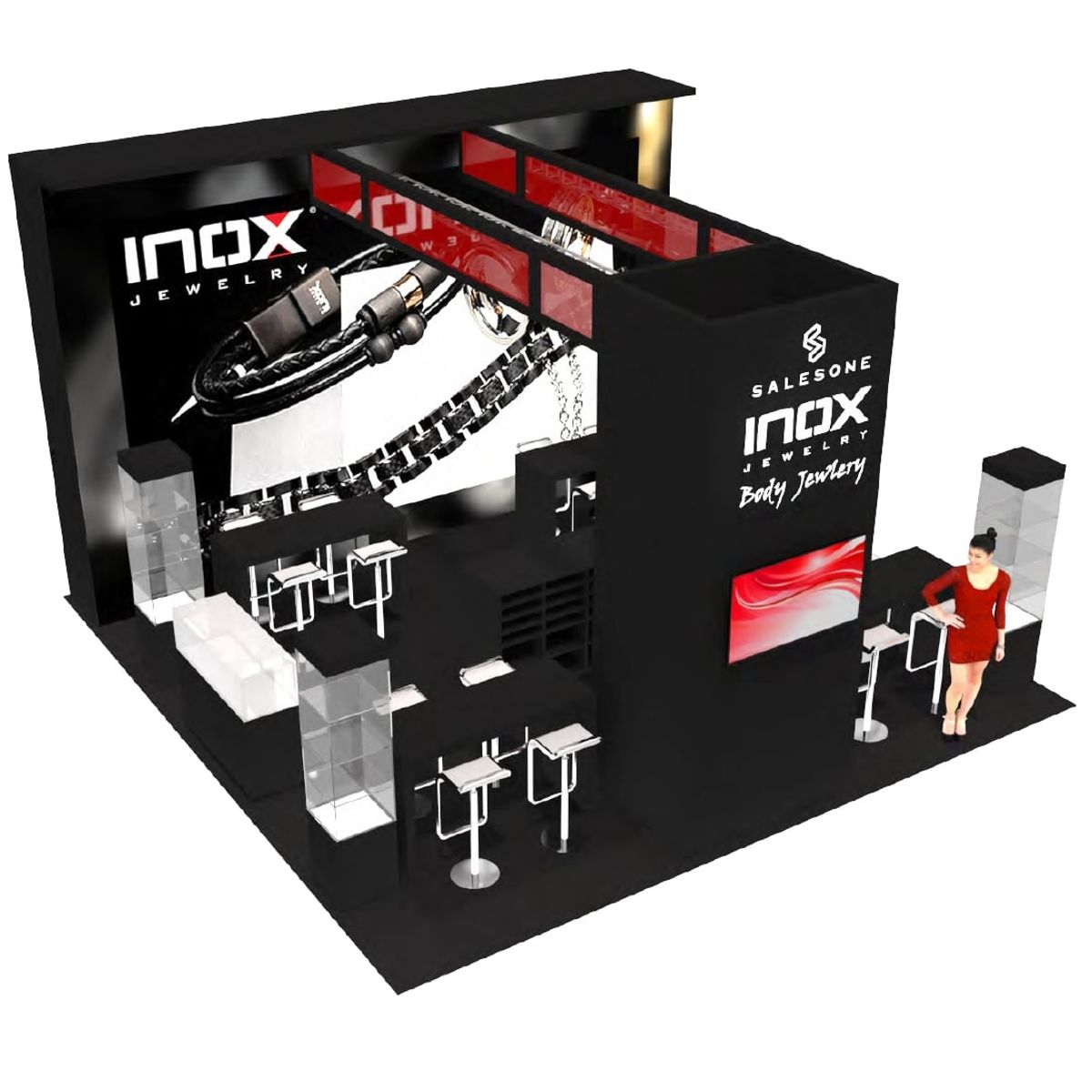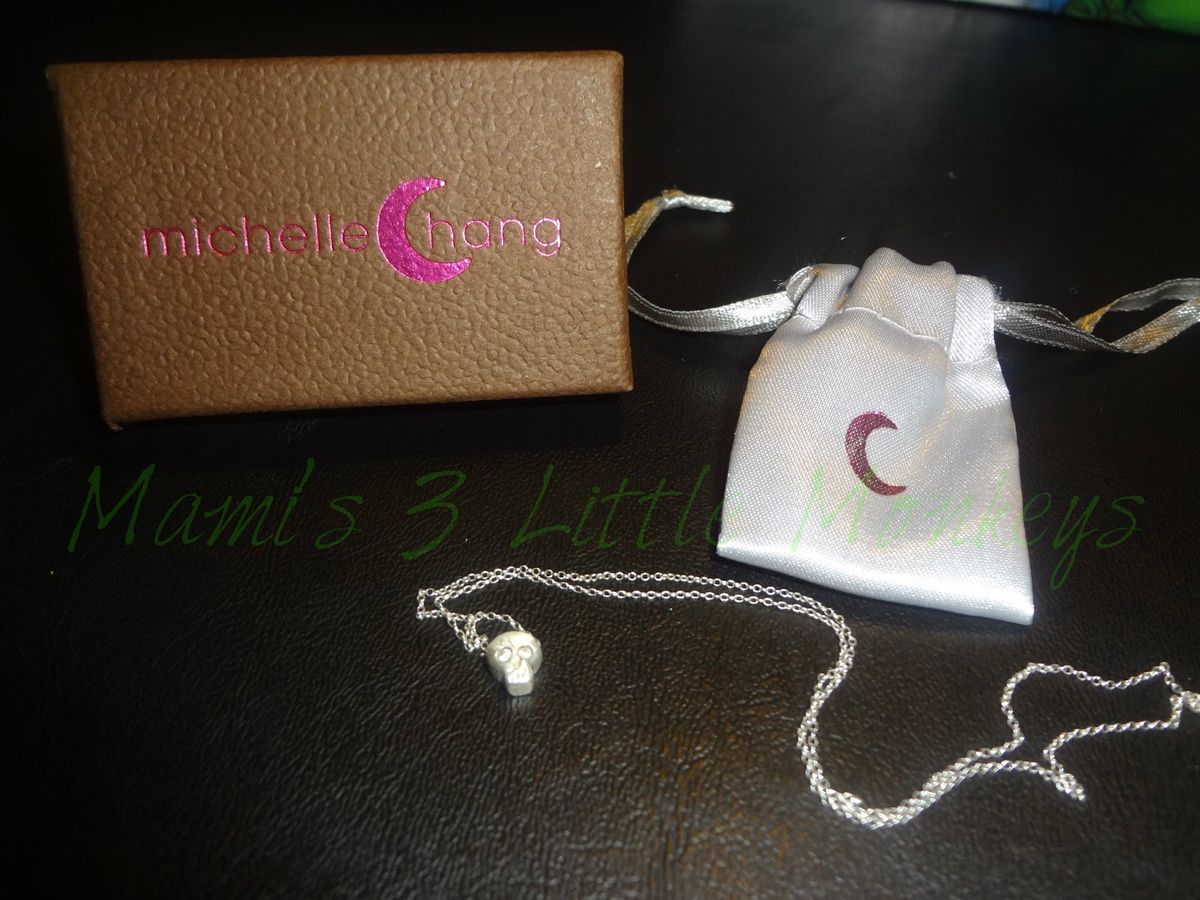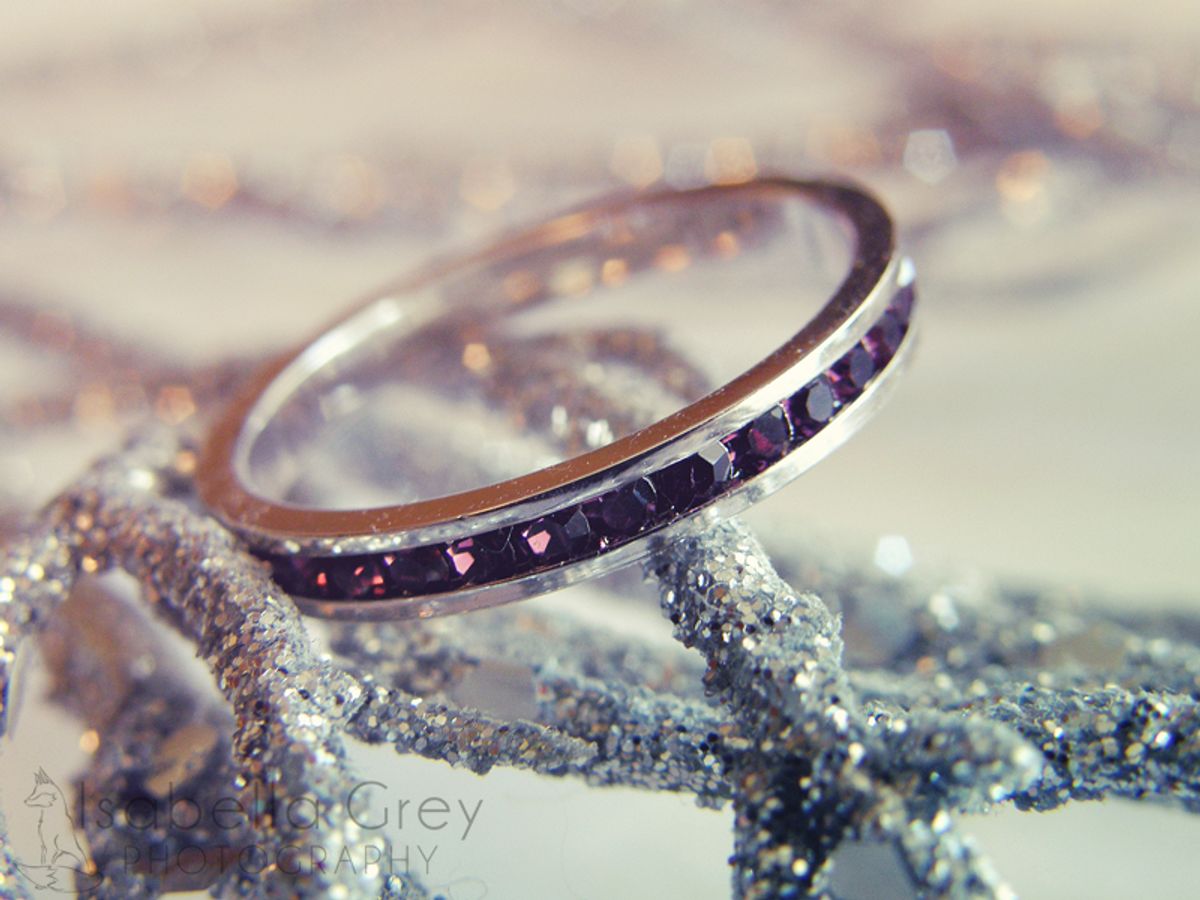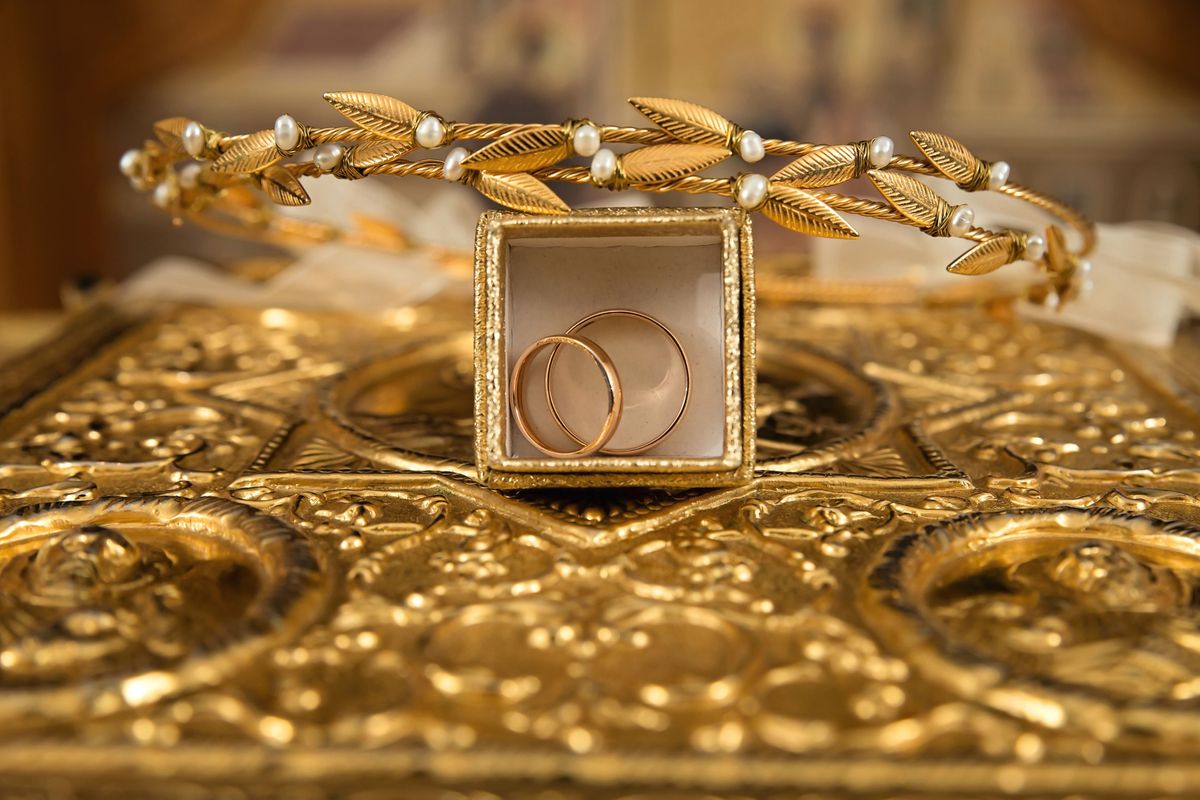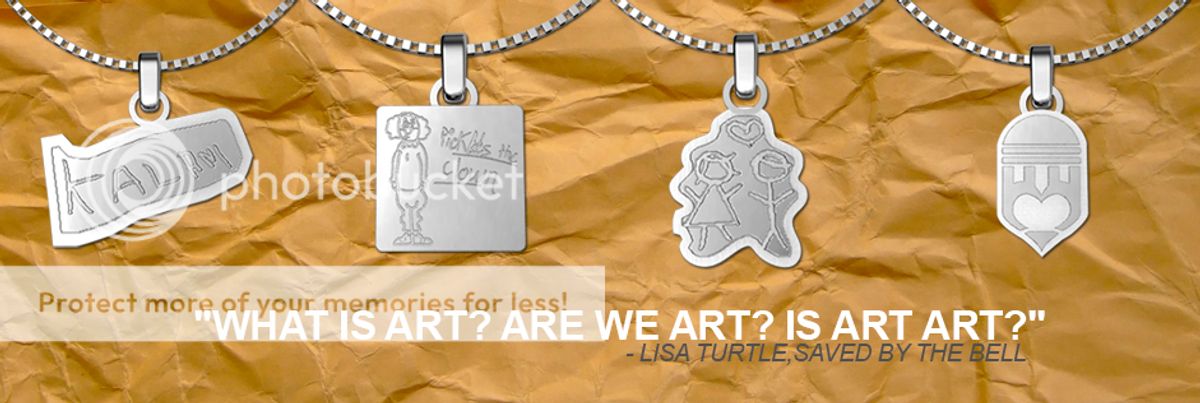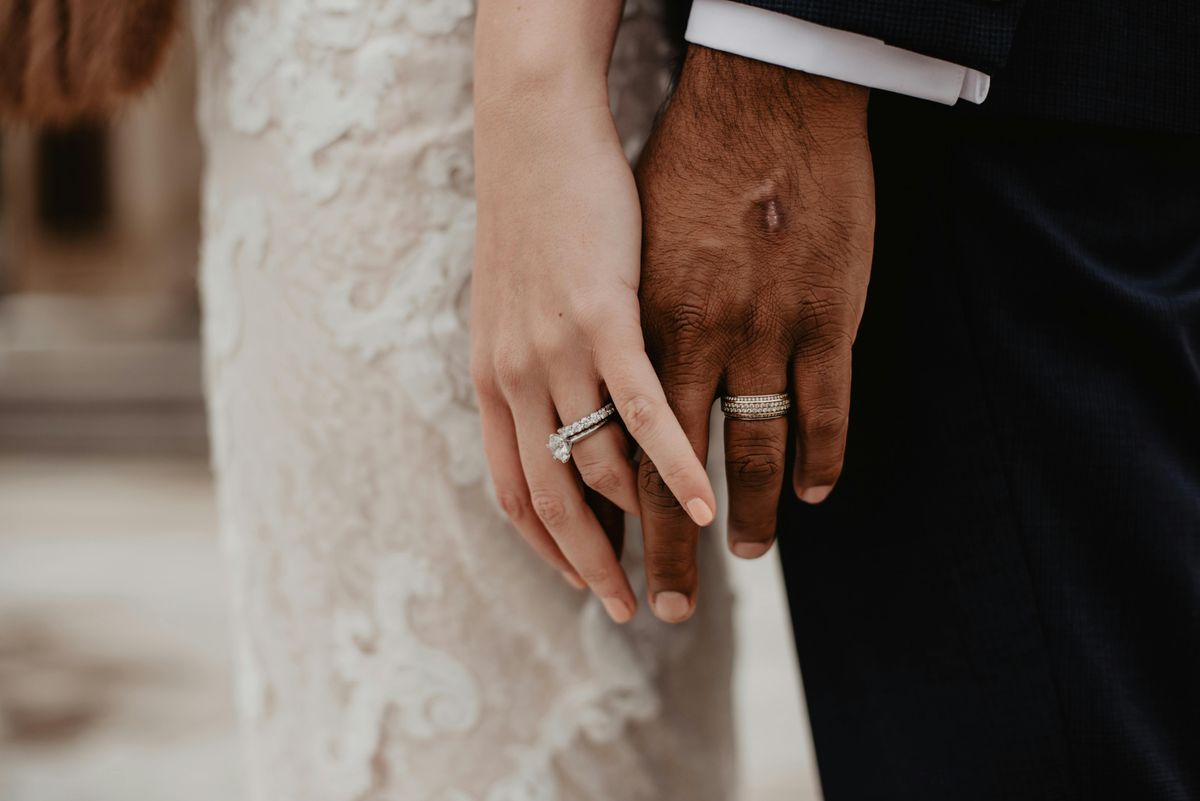Creating intricate and stunning silver sterling jewelry is a true art form that has captivated artisans and enthusiasts for centuries. From the humble origins of raw materials, through skilled craftsmanship, to the final polished masterpiece that adorns your finger or enhances your outfit, the process of making silver sterling jewelry is a captivating journey that combines tradition and innovation. In this article, we will dive into the fascinating world of silversmithing to unravel the steps involved in producing these exquisite pieces.
1. Sourcing the Finest 925 Silver
The production of silver sterling jewelry starts by carefully selecting the highest quality silver. Typically, craftsmen use 925 silver, also known as sterling silver, which consists of 92.5% pure silver and 7.5% other metals like copper. This alloy enhances the durability and strength of the silver, ensuring that your jewelry withstands the test of time.
2. Design and Conceptualization
Before any physical work begins, skillful designers conceptualize and transform abstract ideas into tangible jewelry designs. These professionals combine their artistic flair and knowledge of current trends to create visually captivating and unique pieces that meet the demands and tastes of discerning customers. Once the design is finalized, it is time to bring it to life.
3. Creating a Prototype
Prototyping is an essential step in making silver sterling jewelry. It involves creating a sample piece based on the initial design. This prototype allows the artisan to test the feasibility of the design, both from an aesthetic and ergonomic perspective. Any necessary adjustments are made at this stage to ensure the final piece fits comfortably and looks appealing.
4. Molding and Casting
Once the prototype is approved, it serves as a reference for the creation of the silver sterling jewelry. Using traditional techniques or modern technology like computer-aided design (CAD), skilled craftsmen create a mold that will give shape to the jewelry. Molten silver is then poured into the mold, carefully filling every crevice. The silver is left to cool and solidify, taking the desired form of the jewelry piece.
5. Initial Polishing and Shaping
When the silver has cooled and hardened, the next step is to remove it from the mold. This is followed by initial polishing and shaping to remove any imperfections or rough edges resulting from the casting process. Skilled jewelers meticulously craft the piece, using various tools to achieve the desired shape, ensuring that each curve and contour is finely defined.
6. Detailing and Ornamentation
Detailing and ornamentation are what make silver sterling jewelry truly unique and intricate. At this stage, the artisans meticulously add the fine details that bring the design to life. It may involve setting gemstones, engraving patterns, or even incorporating other materials to enhance the piece's overall aesthetic appeal.
7. Soldering and Assembling
In order to create complex designs or incorporate multiple components, soldering is often used. This process involves using high heat to join two or more pieces of silver together. It requires great skill and precision to ensure a seamless and secure bond. Once all the components are assembled, the jewelry begins to take its final form.
8. Final Polishing and Finishing
After the intricate work of soldering and assembling, the jewelry is in its basic form. The final touch comes with the meticulous process of polishing and finishing. This step involves removing any remaining imperfections, refining the surface to achieve a flawless mirror-like shine, and adding any desired textures or finishes to enhance the jewelry's allure.
9. Quality Control and Inspection
Before a piece of silver sterling jewelry reaches the hands of a delighted customer, it passes through rigorous quality control and inspection. Experienced craftsmen carefully examine each piece, checking for any defects, ensuring the structural integrity, and verifying the overall quality. This meticulous process guarantees that only jewelry of the highest standard leaves the workshop.
10. Packaging and Presentation
The presentation of silver sterling jewelry is as important as its creation. After passing the stringent quality checks, the jewelry is elegantly packaged to protect it during transportation. Every effort is made to ensure that the packaging matches the craftsmanship and captures the essence of the piece inside. An exquisite presentation is the perfect prelude to the unveiling of the jewelry, creating a sense of anticipation and celebration for the recipient.
11. Bringing Dreams to Life
The journey from a piece of raw silver to a breathtaking silver sterling jewelry is a labor of love that represents the dreams and aspirations of both the artisans and the wearers. The craftsmanship and expertise poured into each piece make it a wearable work of art that captures emotions, tells stories, and evokes admiration.
12. Celebrate Elegance and Timelessness
From sourcing the finest silver to the final presentation, the process of making silver sterling jewelry encompasses dedication, skill, and intricate craftsmanship. It is this unwavering commitment to elegance and timelessness that makes silver sterling jewelry so highly valued. Each piece is a testament to the artisan's artistic vision, transforming silver into wearable masterpieces that elevate the spirit and bring joy to those who wear them.
If you seek to adorn yourself with jewelry that effortlessly combines tradition, style, and quality, explore the marvelous world of silver sterling jewelry. Allow each piece to become a cherished keepsake, reminding you of the rich heritage and everlasting allure encapsulated in every stroke of the silversmith's artistry.


